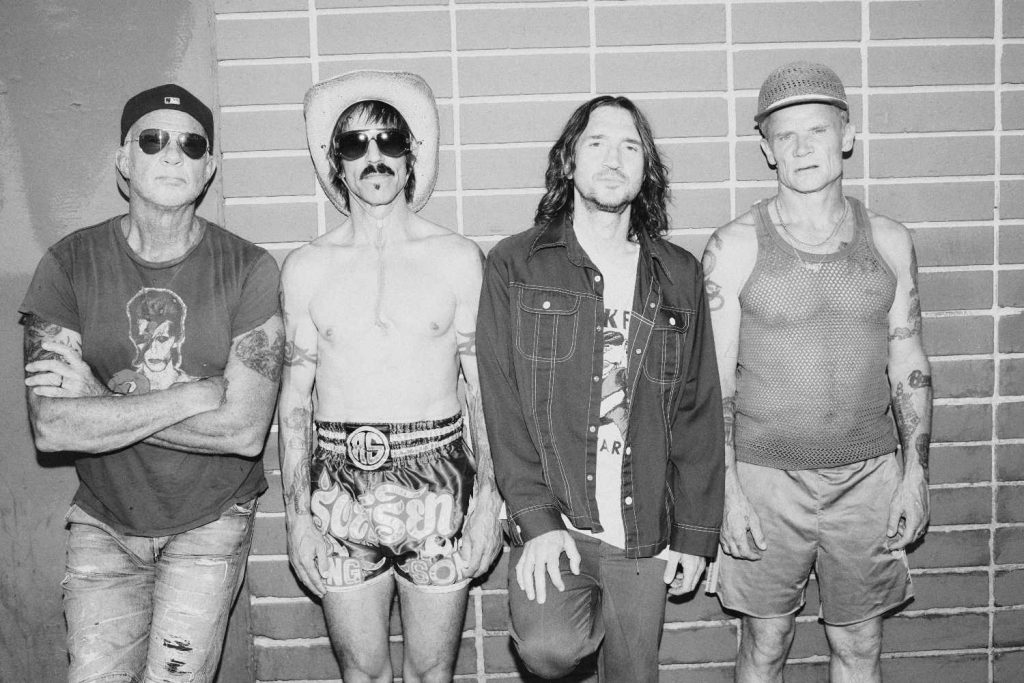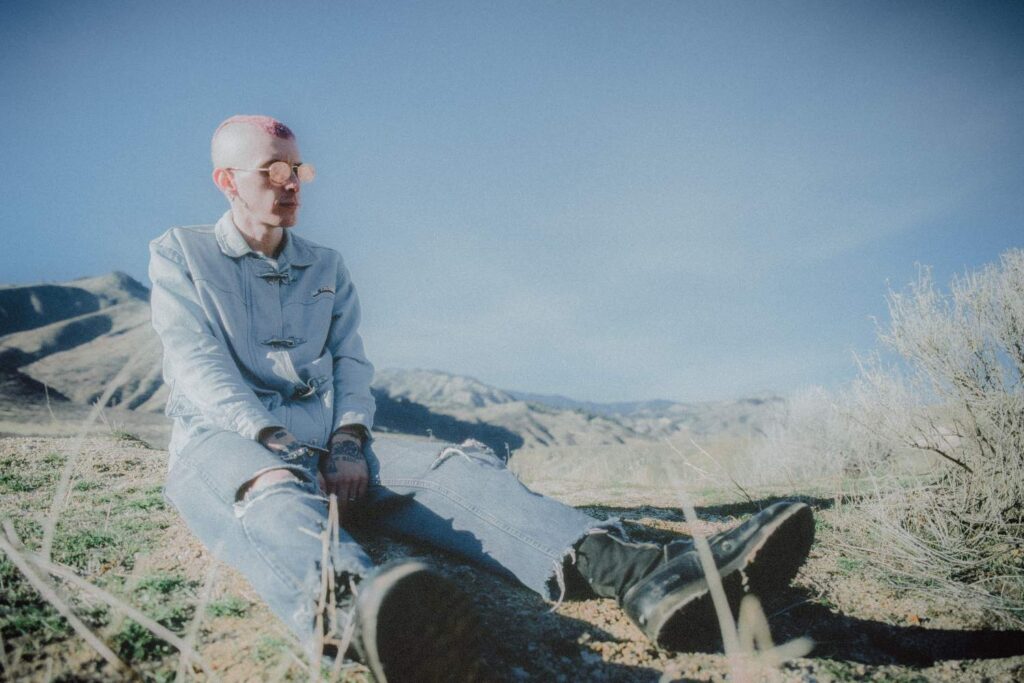Prequelle appears to present sides of the band that we haven’t heard before, a sentiment Forge agrees with. “I felt that it was important that the next record was not a repetition of Opus, one because I didn’t want to repeat myself, and two, I knew it could go stale very quickly,” he says. “There are extremely few bands of that level who can continue doing the same thing successfully. People might argue that, but I tell ya, you will not grow if you stand still. So I made sure that Infestissumam was exploring new realms.”
The new realms Forge aimed to explore in Ghost’s latest album were realised through the songwriting process. Forge notes that while extending himself brought him into unfamiliar territory, it was a necessary step in continuing the band’s efforts to constantly challenge themselves.
“Writing a song like ‘Ghuleh’, I felt a little bit … not uncomfortable, but I was definitely worried that I was taking too big a step,” he says. “But I had already written ‘He Is’ before that, and that was definitely a song that I was apprehensive about because it felt like too big a step, which is why that didn’t happen until Meliora. But after Meliora, I thought, ‘There’s no backing out now.’
“I’ve always been a big fan of Queen and The Who and bands like that who really, really made an effort to write new songs every time. I mean sure, there are always Queen elements, but there were so many different songs. Don’t get me wrong, as much as I’m a fan of Acca Dacca and love that with all my heart, I also really want Ghost to be somewhat of a band like Queen that does amazing big ballads, but also really good stomping shuffle rock songs. I believe that if you’re going to be a really big band entertaining a lot of people, you’ve got to have a lot of tastes on your menu.”
It may come as a surprise to some that Forge is heavily responsible for Ghost’s guitar work. He shares insight into the gear behind the music, admitting he is especially fond of vintage Gibson and Fender guitars.
“For some reason I believe that if I play on old guitars, I think I play better and that makes me play a little better. Even though I know I could probably have a very new guitar from a very modern brand that makes a well built guitar and it could probably sound just as good, I have a deep connection with an old Gibson and an old Fender. So you’re hearing two Les Pauls: a mid-‘70s Black Beauty 20-year anniversary that sounds really cool – typical Black Beauty Les Paul type of sound – and also an early ‘80s Flying V that I have, and which is really cool with a typical metal sound.
“On the other side, I record an old 1953 Goldtop Les Paul with P90s, which is like a fucking museum artefact that sounds so cool. Very, very special sound and it feels very special playing on it. It’s a bitch to tune and she requires a lot of attention – very much like an old lady. Very grumpy and very hard to handle, but once you get her to sing, she sings fantastically.”
Prequelle is out now via Spinefarm/Lorma Vista Recordings/Caroline Australia.







